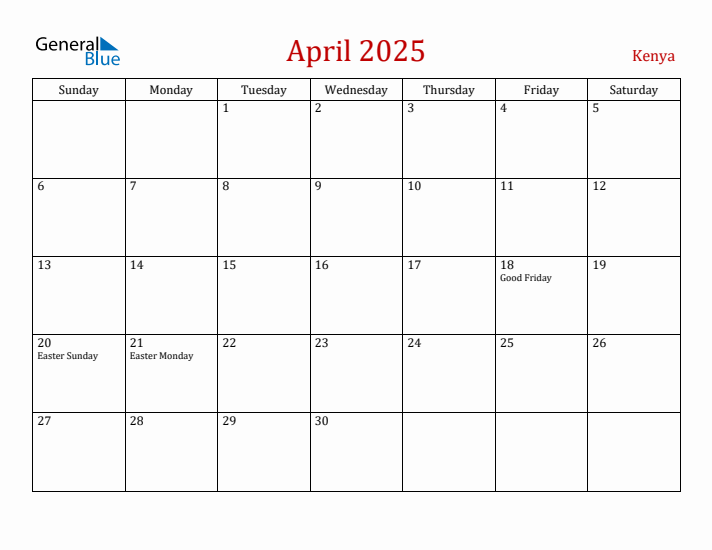Kenya’s private sector recorded its most substantial growth in over two years in April, bolstered by increased sales volumes and heightened business activity. The Stanbic Bank Kenya Purchasing Managers’ Index revealed that the country’s private sector growth surged to a 27-month peak, pointing to a more resilient economic outlook as businesses expanded and demand continued to rise.
The PMI for April showed a notable uptick, reaching its highest point since January 2023, marking a significant shift from previous months that had seen varying degrees of stagnation or slow growth. The indicator, which reflects the health of the private sector, registered 54.7 in April, up from 53.9 in March, signalling a robust recovery following challenges posed by global economic headwinds and domestic uncertainties. A reading above 50 indicates growth, and this consistent upward trend suggests that the economic environment is improving.
Key drivers of this momentum were solid sales volumes and the strengthening of business activity across multiple sectors. Both manufacturing and services industries witnessed accelerated output, with firms across various industries ramping up production to meet growing demand. This surge has been attributed to increased consumer spending, a stabilising inflationary environment, and more optimistic projections for the rest of the year.
Manufacturing, which has often been a pivotal sector in Kenya’s economic framework, reported particularly strong performance. The growth in manufacturing output was driven by both local demand and improving export conditions. Producers cited higher order volumes, particularly in food and beverage sectors, with many companies ramping up production in response to stronger domestic and regional demand. The rise in input costs was partly offset by the increased production levels, showcasing an ability to adapt despite external inflationary pressures.
Services sectors also showed impressive gains. Both business services and trade reported increased activity, with the retail sector expanding rapidly due to a noticeable uptick in consumer confidence and spending. Many businesses attributed their success to efficient cost management, as well as a steady recovery in tourism, which continued to outperform expectations following the pandemic-induced downturn. Notably, hospitality and transport services have seen a consistent increase in demand, which contributed significantly to the services index’s growth.
Job creation was another positive aspect, with employment levels showing signs of recovery. Firms increased hiring in response to stronger demand for goods and services, which led to a reduction in job vacancies. However, there remain challenges, as firms continue to struggle with high staff turnover and the costs associated with hiring and training, which impact profitability in some cases. Despite this, overall, the labour market shows an optimistic outlook, aided by rising confidence in the economy.
The PMI report also indicated an increase in purchasing activity, which signals a boost in future business prospects. Companies were seen investing in stockpiling inventories ahead of expected demand growth, especially in anticipation of events like major government infrastructure projects and upcoming public holidays that often drive higher consumption.
While the economic recovery remains fragile in some respects, particularly due to external factors like fluctuating global commodity prices and ongoing geopolitical tensions, businesses across Kenya have managed to weather these challenges more effectively in recent months. However, inflationary pressures continue to linger, with input costs remaining elevated, particularly for fuel and raw materials. These costs, while moderating slightly, are expected to maintain a degree of upward pressure on businesses’ operational budgets.
Despite these challenges, Kenya’s economic recovery has been steady. As businesses continue to capitalise on growth opportunities, such as expanding regional trade and enhancing supply chain efficiencies, the overall sentiment remains positive. Kenya’s private sector outlook for the remainder of the year remains cautiously optimistic, as businesses anticipate sustained demand in both local and international markets. The government’s fiscal policies and infrastructural investments are also expected to bolster this positive trajectory, offering a stable environment for private enterprises to thrive.
Export growth, while significant, remains a key area of focus for long-term economic resilience. The Kenyan government’s ongoing efforts to expand its export markets, particularly in the agricultural sector, are expected to further strengthen the economy. The sector’s performance has been vital, with tea, coffee, and floriculture continuing to perform strongly in international markets. Strategic trade agreements and improved regional integration are expected to provide further opportunities for Kenyan businesses to tap into new markets and diversify their export products.

